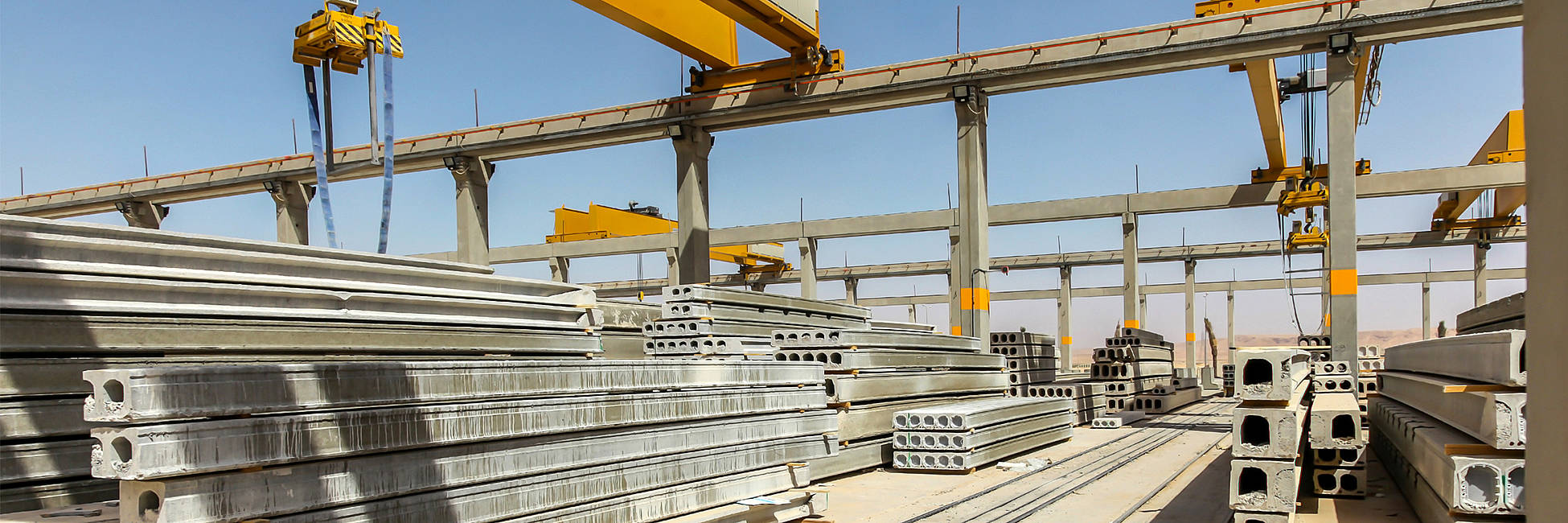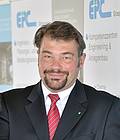

All sequences and processes are designed according to the value flow method.
Globalization, short production life cycles, ever higher logistical requirements and pressure on costs require efficiently planned production and logistics structures. Important features of a "good factory" are an optimized material flow, stable production processes and "short channels".
These are the starting points for the EPC Group's factory planning. Factory planning for us means designing and optimizing the processes and logistic sequences according to the value flow method. The structure this method produces is then taken into account in planning the buildings, plants, equipment and infrastructure.
EPC Exclusives
Intelligent design speeds up construction and reduces its cost
- Consistent quality
- High precision
- High surface quality
- Flexible and diverse designs
- Special solutions
- Quick construction
- Improved cost-effectiveness
- Costs reduced by pre-fabrication (windows, doors, electrical installations and sanitary facilities)
State-of-the-art industrial plants
Since its foundation, the EPC Group has regularly developed and successfully marketed new processes. In recent years, it has designed and implemented many research and pilot plants in a wide range of fields.
A range of modern recycling technologies is available
For example, EPC can offer a number of different PET recycling processes on request. The customer chooses the final processing stage to produce the desired amorphous, semicrystalline or deep-treated end product. EPC will be glad to advice on the best employment of the process stages "Sorting", "Regranulating" and "Refining".
Optimizing the processes and energy consumption of industrial plants
In all aspects of adapting, optimizing and expanding industrial plants, the EPC Group supports you on all questions concerning plant construction, including consulting, and approval applications and procedures. As an interdisciplinary company, EPC has qualified, highly motivated employees with a high level of knowledge and experience of managing complex plants, and who can quickly detect the interconnections between sections of (part)processes and ancillary plants. By considering industrial plants holistically, we can not only manage plants more efficiently, but also increase their output and reduce their costs.
This applies, above all, to obtaining, providing and recovering energy, for example from heat. We also investigate the potential for saving and recirculating process water, as well as the need and benefit of treating waste water so that it can be reused. Testing and checking through a process control system is essential for monitoring a process and its ancillary systems, and being able to respond for both the short and long term to changes in the process. We can also reduce the additional costs of essential energies and feed materials by implementing an energy management system.







